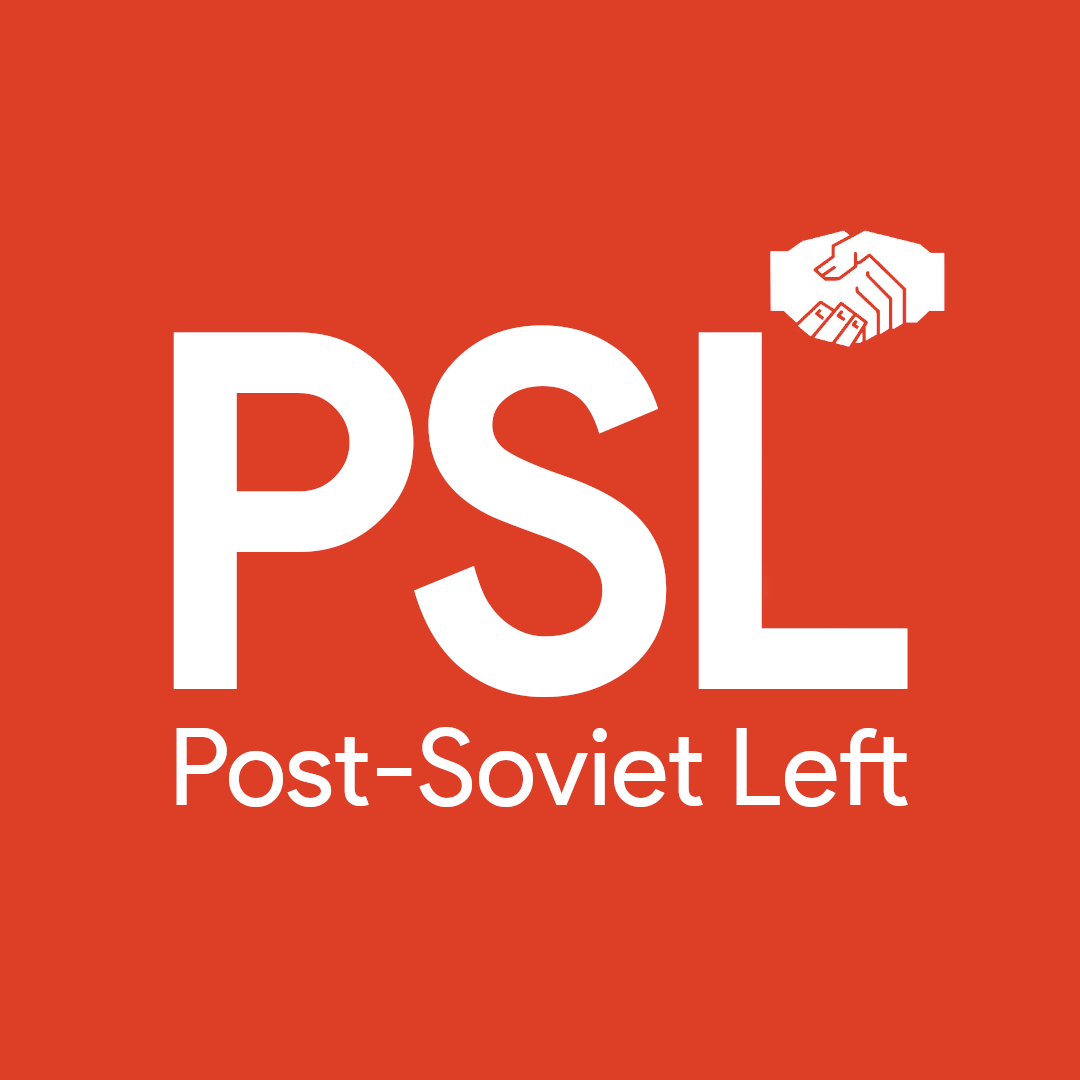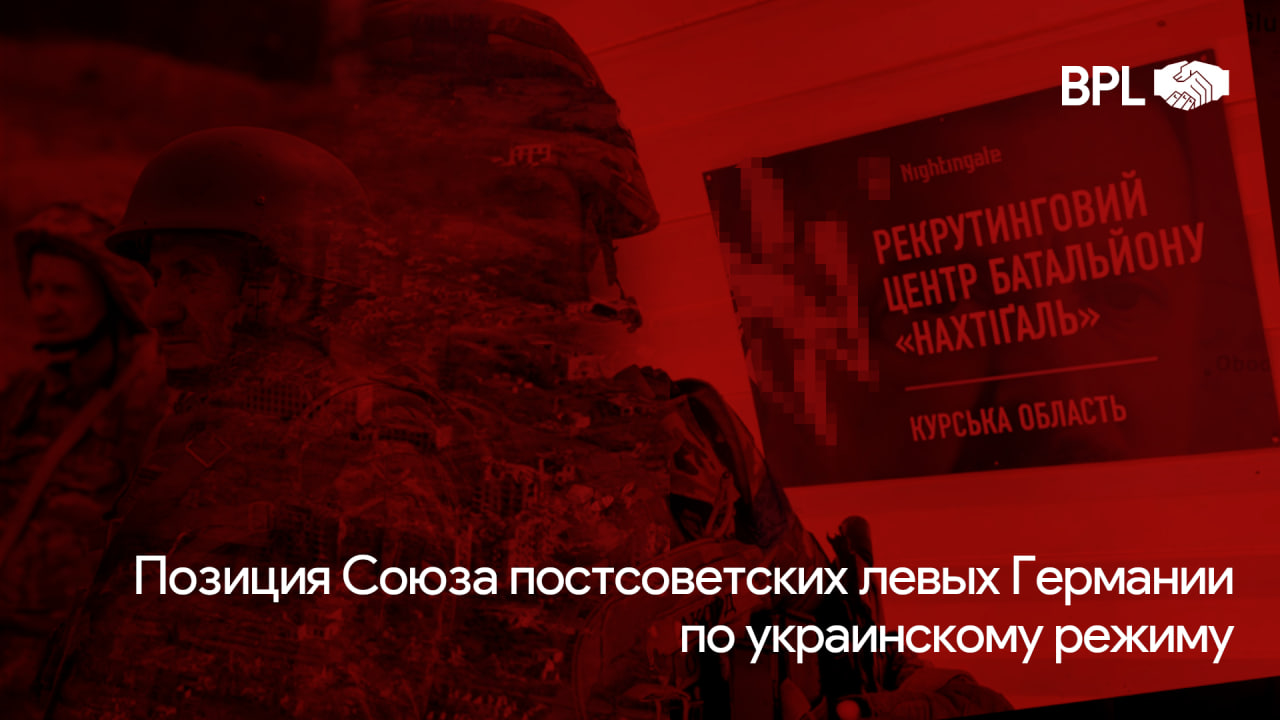We are publishing our organization’s position on what we consider the Ukrainian part of the solution to the current international and social crisis in Eastern Europe. To gain a more comprehensive understanding of our stance, it should be viewed in conjunction with what we have written regarding Russia (https://postsovietleft.org/ru/2024/10/22/позиция-bpl-по-российскому-режиму/).
The war in Ukraine emerged as the result of a comprehensive breakdown in European and global diplomacy. The current system has proven unable not only to stop this war but to prevent it altogether. Despite the introduction of mutual sanctions, imperialist circles remain free to carry out various maneuvers, turning Eastern Europe—and first and foremost, Ukraine—into their battlefield.
We can debate the causes and history of the conflict, but at this point, it is important to understand that the Russian leadership bears responsibility for the current escalation, including large-scale hostilities on the territories of both Russia and Ukraine, as it was the initiator of these actions. Consequently, ending the war without changes in Russia—its main, though not its only, culprit—becomes difficult (see BPL’s position on Russia). Moreover, as socialist, internationalist leftists, we believe that the right of nations to self-determination is a progressive principle ensuring true autonomy and protection of various peoples from oppression.
However, modern Ukraine does not resemble a progressive regime representing its population; it is difficult to call it democratic, or in any way reflecting the interests of the majority. While the government formally claims to distance itself from the far right and ostensibly condemns them, in reality it often gives them a green light to organize themselves. This extends to supporting nationalist paramilitary structures which have made it extremely difficult for Ukrainian leftists and civil activists to operate. As a result, these activists now face the basic question of survival under extreme violence by the state.
Though we confront powerful nationalist forces on both sides, we, as internationalist leftists, consider it crucial to present our own principled position against every form of militaristic and nationalist lawlessness affecting ordinary people. We acknowledge the significant responsibility of the Russian authorities for the escalation of this conflict over the last two years. At the same time, we cannot ignore the multiple crimes committed by the Ukrainian government against the Ukrainian left and working people—crimes that, in practice, mirror the same anti-popular, anti-democratic principles the aggressor state employs against its own population.
We oppose the adopted decommunization law, which in practice provides the legal basis for repressing all leftist activists. We also stand against discriminatory legislation (for example, 1, 2) concerning the Russian language, which—even according to the last official census—remains the native tongue of 30% of the population and is still formally recognized by the Ukrainian constitution. Representatives of the Hungarian minority in Transcarpathia likewise face persecution, with the Ukrainian state’s assimilation policy leaving them little choice. We also oppose religious persecution—the government openly carries out discriminatory religious policies, violating the principle of a secular state.
No less unprincipled is the violation of the rights of conscientious objectors and pacifists to abstain from military service. Ukrainian workers are effectively stripped of the right to refuse to participate in killing, while untrained civilians are often sent straight to the front after questionable-quality training. Contrary to abstract patriotism and media-driven ideals, the Ukrainian authorities are doing little to protect the Ukrainian people. Specific groups of ordinary Ukrainians are at serious risk.
Western politicians and media, by turning a blind eye to numerous crimes against humanity sanctioned or committed by Zelensky’s government—including but not limited to torture, forced military participation, and the use of mobilization as a stand-in for judicial process—become accessories and share responsibility for these atrocities. We call on the media and politicians to end the practice of military self-censorship in order to protect Ukraine’s most vulnerable populations.
A nation’s right to self-determination is not an endless get-out-of-jail-free card. If the Ukrainian authorities are truly interested in safeguarding the Ukrainian people (which includes not only ethnic Ukrainian speakers), they must stop violence and terror against their own citizens and grant truly equal rights to all of them, regardless of their native language, ethnicity, or willingness and ability to fight. Although a people has the right to self-defense, it has no right to sacrifice its own population for selfish gains. In present-day Ukraine, the principle of self-defense is essentially being used to uphold an anti-popular regime and its encroachments on the rights and freedoms of the vast majority of the population—people who, in turn, are not afforded the same right to defend themselves from those encroachments.
Therefore, we believe that outside support for Ukraine’s military infrastructure is possible only under the following conditions: repeal of decommunization laws, reversal of discriminatory language legislation, a genuinely popular decision on the status of minority languages, complete dismantling of far-right paramilitary organizations, and official recognition of their activities as illegal. In addition, the Ukrainian authorities must declare their willingness to reach a truly democratic settlement of the conflict by holding genuinely independent referendums in all disputed territories under international supervision—without any Russian or Ukrainian troops involved.
Only under these conditions can Ukraine’s military infrastructure be used exclusively to deter Russian aggression, rather than for resolving domestic political matters by force or targeting any civilian population.
Until all of the above conditions are met, we remain firmly opposed to military aid and advocate that European leftists and broader civil political forces pressure the Ukrainian government to bring about genuine democratization of the regime.
We understand that this stance is unlikely to gain favor with the current Ukrainian leadership. Accordingly, we announce our support for genuinely oppositional (non-collaborationist) left-wing and civil forces in Ukraine that seek to build a truly democratic nation for everyone who earns an honest living and who should, in reality, be its rightful owner.
Under current circumstances, we also support initiatives aimed at securing the release of political prisoners in Ukraine, along with the right to temporary protection, asylum, and humanitarian visas in the EU for refugees, opposition activists, and conscientious objectors or deserters.

